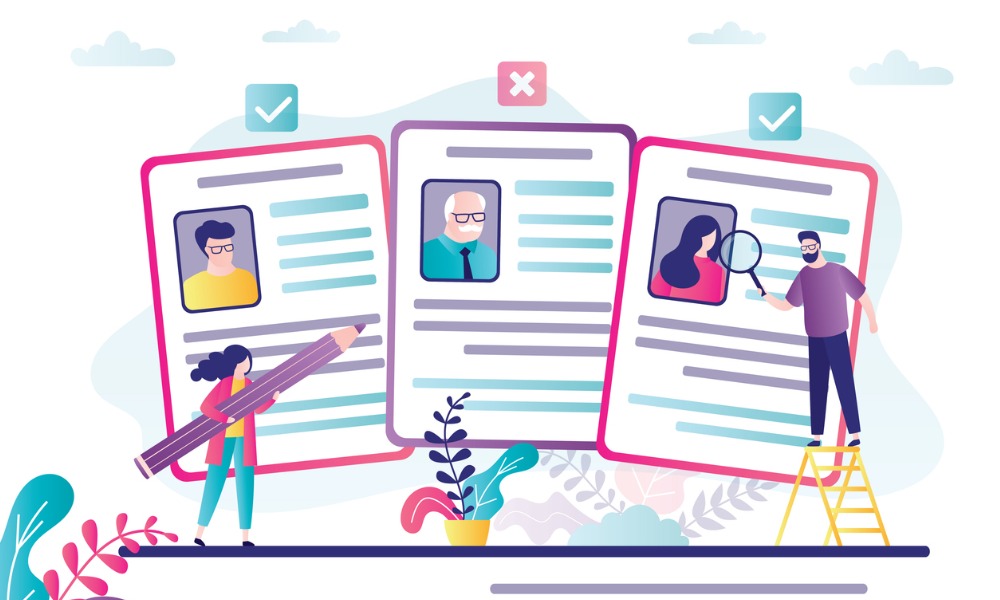HUMAN CAPITAL risks are the most significant threat to organisations’ global business operations, yet few firms have effective practices in place to mange the threat, a recent study of international risk managers has found
HUMAN CAPITAL risks are the most significant threat to organisations’ global business operations, yet few firms have effective practices in place to manage the threat, a recent study of international risk managers has found.
Human capital risks, such as skills shortages, succession issues and the loss of key personnel, were seen as being more significant than threats from reputational risk, information technology risk, political risk and regulatory risk.
Despite acknowledging the importance of the skills issue, just 32 per cent of risk managers said that they manage human capital risks effectively. The only areas where they feel less confident are risks associated with terrorism and climate change.
“It appears there is still much work to be done in determining a framework and establishing metrics for risks associated with issues such as skills shortages, succession issues and loss of key personnel,”said Rob Mitchell, senior editor at the Economist Intelligence Unit, which conducted the study.
“As more and more companies recognise that the skills and experience of their employees are their key assets – and this is particularly true in service-based companies – these risks are being felt more acutely.”
In industries such as pharmaceuticals and engineering, Mitchell said many companies have serious shortages of talent and skills and this pushes up the cost of employing staff, particularly in developed countries.
Another important shortage is around managerial talent in key emerging markets, such as India and China, he said. Despite the growing reach of business schools and recognition of the importance of recruiting and training locally, in many industries there is simply not enough experience to go around.
The study, which took in 220 senior risk executives from around the world, pointed to the need for closer integration between the risk function and the HR function, as well as a clearer understanding of the risks that companies face with their location and human capital strategies.
Mitchell said there were a number of reasons why companies struggled with managing human capital risk. “One is that, like many other types of risk, there is no insurance you can buy and no way to hedge it effectively,” he said.
“Another is that it is not easily quantifiable. A third is that, traditionally, there has been limited dialogue between the risk function and the HR function. But as the reach of risk within organisations extends, I think we’ll see better dialogue and integration between the two functions.”
Dealing with human capital risks effectively requires close interaction between HR, the risk function and the board, Mitchell said.
For multinational companies, locations for doing business must be considered carefully, and a long-term view must be taken that should look at factors such as demographics and levels of education.
Because the departure of key employees is one of the main sources of human capital risk, he also said companies need to play close attention to metrics, such as levels of tenure and attrition rates.
“Over the next 5–10 years, I think we’ll see risk as a capability becoming more deeply embedded in functions such as HR. Chief risk officers and HR directors will need to work more closely, and more work will be done on metrics that enable companies to identify, assess and quantify human capital risk.”
The report also found that corporate stakeholders are demanding improvements to risk management. Efforts in risk management are being driven by internal and external factors. The board is seen as the most important internal driver for strengthening risk management, while the main external drivers are the demands of regulators and investors.








